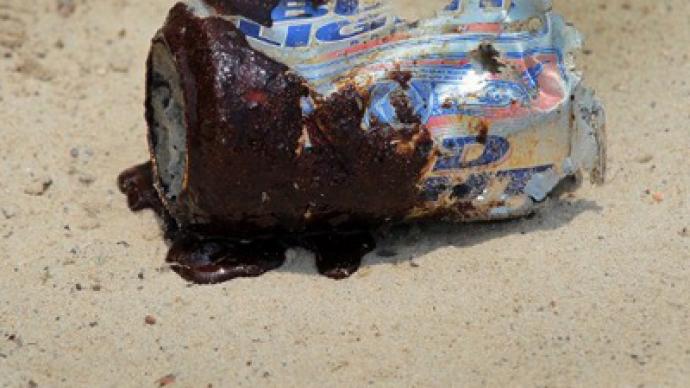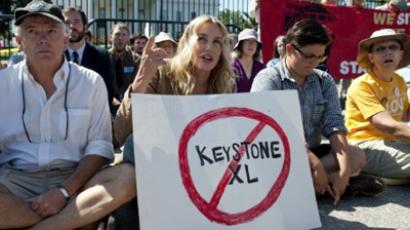BP oil spill continues to kill

The infamous oil spoil which gushed for 86 days in the Gulf of Mexico continues to have a rippling effect on the ecosystem.
The spill caused by the London based oil giant British Petroleum, is responsible for the deaths of 11 workers aboard the Deepwater Horizon drilling rig which was approximately 50 miles off the coast of Louisiana, and is now being blamed by scientist for the slow death of a brightly colored deep-sea coral community.The laboratory reports which have taken several months have resulted in scientist pointing the finger at one of the most catastrophic oil spills in history.The brown and dull coral which has been left in a state of ruin continues to sway in the gulf which had more than 70,000 barrels of oil pouring into it per day.The coral that was damaged by the environmental contamination was seven miles southwest of the epicenter of the oil well. The scientist responsible for the study went through a series of chemical analysis of the samples that were collected late in 2010.According to the Associated Press, the coral community takes up an area approximately half the size of a football field and is nearly a mile below the water’s surface."It was like a graveyard of corals," said Erik Cordes, a biologist at Temple University explored the site in a research submarine.The spoiled coral was discovered in October of 2010 but was recently linked to the spill. As of now this has been the only site to have been severely impacted by “Deepwater Horizon.”Coral communities such as these are vital havens for subaquatic life. According to the AP, all that remains of the once vibrant sea creatures are bare skeletons, specks of tissue and is blanketed in a thick brown slimy substance.The report also revealed that in over ten years of research on coral in the Gulf of Mexico, this was the first case of coral dying in this way.Many of the scientist involved in the project speculate that more of colonies may exist that have suffered from the oil spill and have claimed it is too early to rule out any further serious damage.According to Charles Fisher, a biologist with Penn State Universitysaidthe recovery of the location would be an exceptionally slow process."Things happen very slowly in the deep sea; the temperatures are low, currents are low, those animals live hundreds of years and they die slowly," Fisher said.Fisher who spearheaded the underwater expeditions said, “It will take a while to know the final outcome of this exposure.”














